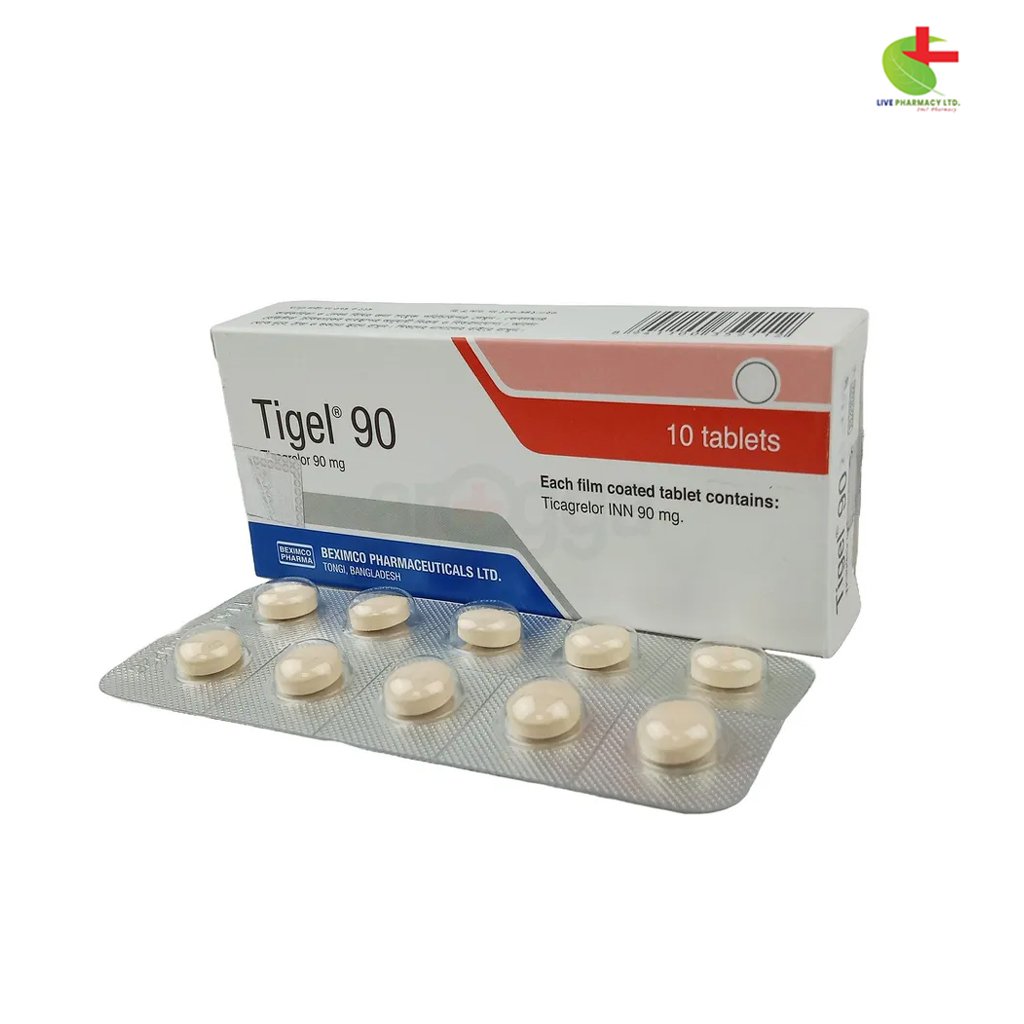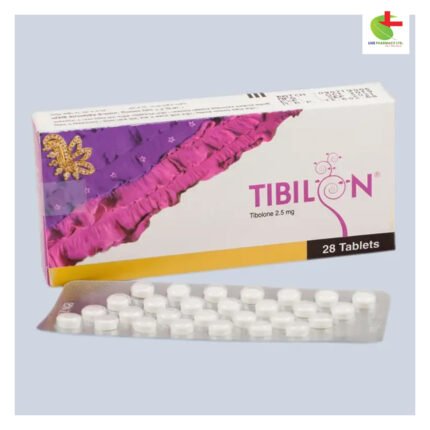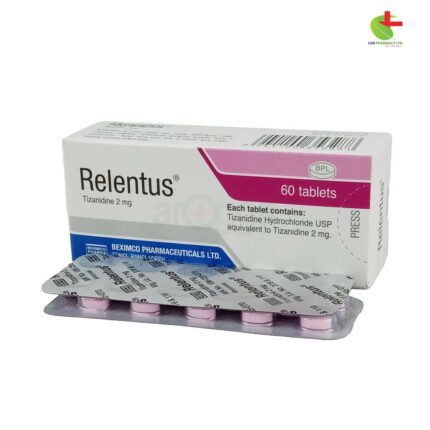Tigel 90
750.00৳ Strip
- Tigel (Ticagrelor) is used with acetylsalicylic acid (ASA) to prevent atherothrombotic events in adults with acute coronary syndromes or a history of myocardial infarction.
- It acts as a P2Y12 receptor antagonist, reducing the risk of heart attacks and strokes by preventing platelet aggregation.
- Administered as a daily tablet, Tigel helps manage cardiovascular risk effectively.
 Brand
Brand
|
Beximco Pharmaceuticals Ltd |
|---|---|
 Generics
Generics
|
Ticagrelor |
 Type
Type
|
Tablet |
Indications
Tigel (Ticagrelor), used alongside acetylsalicylic acid (ASA), is indicated for preventing atherothrombotic events in adults with acute coronary syndromes (ACS) or a history of myocardial infarction (MI) who are at high risk for future events.
Pharmacology
Ticagrelor functions as a P2Y12 receptor antagonist, blocking the receptor that usually aids platelet aggregation. By inhibiting this receptor, Ticagrelor reduces the risk of occlusive thromboses, lowering the chances of myocardial infarction and ischemic stroke.
Dosage & Administration
- Standard Dose: Begin treatment with a 180 mg loading dose (two 90 mg tablets), followed by 90 mg twice daily. Continue this dosage for up to 12 months in ACS patients unless otherwise directed by a healthcare provider.
- History of Myocardial Infarction: For extended therapy, use 60 mg twice daily in patients with a history of MI and a high risk of atherothrombotic events. Treatment can start anytime within 2 years post-MI or up to 1 year after stopping previous ADP receptor inhibitor therapy.
- Switching Therapy: Begin Ticagrelor 24 hours after the last dose of the previous antiplatelet medication.
- Missed Dose: Take the missed dose as soon as possible, but do not double up if it’s close to the next scheduled dose.
- Elderly: No dosage adjustment needed.
- Renal Impairment: No adjustment necessary, but Ticagrelor is not recommended for patients on renal dialysis.
- Hepatic Impairment: Use with caution in moderate hepatic impairment. Contraindicated in severe hepatic impairment.
- Pediatric Use: Safety and efficacy in children under 18 have not been established.
Interactions
- CYP3A4 Inhibitors: Avoid combining with strong CYP3A4 inhibitors like clarithromycin or ritonavir.
- CYP3A4 Inducers: Avoid with potent CYP3A4 inducers like rifampicin.
- P-gp Inhibitors: Caution is advised with strong P-gp inhibitors and moderate CYP3A4 inhibitors.
- Other Interactions: Monitor closely when used with narrow therapeutic index drugs or in combination with anticoagulants.
Contraindications
Tigel is contraindicated in individuals with hypersensitivity to the active substance, active pathological bleeding, a history of intracranial hemorrhage, or severe hepatic impairment.
Side Effects
- Very Common: Bleeding disorders, hyperuricemia, dyspnea.
- Common: Gout, dizziness, headache, hypotension, gastrointestinal bleeding, and rash.
- Uncommon: Tumor bleeding, hypersensitivity reactions, confusion, and severe hemorrhages.
Pregnancy & Lactation
- Pregnancy: Tigel is not recommended during pregnancy. Discontinue if pregnancy occurs.
- Lactation: May be excreted in breast milk; weigh the benefits of breastfeeding against the need for Tigel.
Precautions & Warnings
- Bleeding Risk: Use with caution in patients with bleeding risks.
- Surgery: Discontinue Tigel 5 days before elective surgery.
- Other Precautions: Monitor for dyspnea, renal function, and hyperuricemia. Avoid high-dose ASA co-administration.
Overdose Effects
Tigel is generally well tolerated, but overdose may cause gastrointestinal toxicity, dyspnea, and ventricular pauses.
Therapeutic Class
Anti-platelet drugs
Storage Conditions
Store in a cool, dry place away from light.













Reviews
There are no reviews yet.